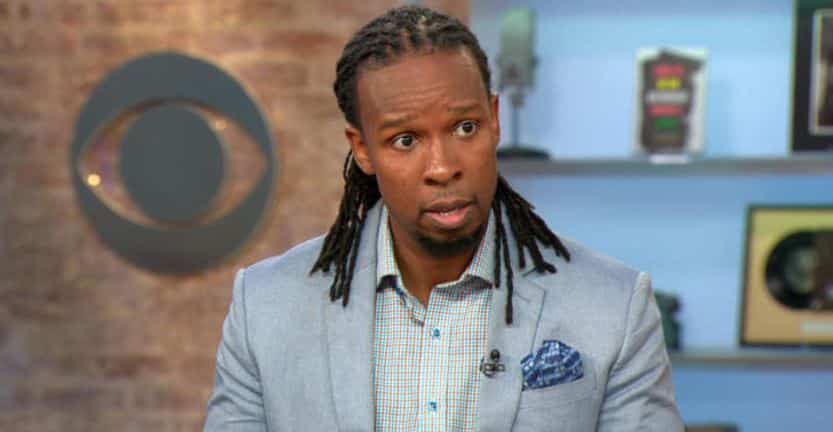As we wait for the release of the most significant Second Amendment case in over a decade from the Supreme Court (as early as tomorrow), CBS featured Ibram X. Kendi on Face the Nation on gun rights. Host Margaret Brennan discussed with the Boston University professor the “freedom to enslave” was linked to the “freedom to have guns.” There was no push back on that controversial claim or the underlying suggestion that gun ownership is largely a white impulse or practice.
Kendi is the director of the Center for Antiracist Research at Boston University. He has a history of controversial statements like his claim that Justice Amy Coney Barrett’s adoption of two Haitian children raised the image of a “white colonizer” and she appears to use the children as little more than props. He has also declared that terms like “legal vote” are racist. He was rechoed such views. NPR breathlessly billed its interview as “Historian Carol Anderson Uncovers The Racist Roots Of The Second Amendment.”
However, the history of the Second Amendment contradicts these claims. States opposed to slavery, like Vermont, Pennsylvania, New Hampshire, New York and Rhode Island, had precursor state constitutional provisions recognizing the right to bear arms. In his famous 1770 defense of Capt. Thomas Preston in the Boston Massacre trial, John Adams declared that British soldiers had a right to defend themselves since “here every private person is authorized to arm himself.” His second cousin and co-Founding Father, Samuel Adams, was vehemently anti-slavery and equally supportive of the right to bear arms.
Samuel Adams proclaimed “the said Constitution shall never be construed to authorize Congress to infringe the just liberty of the press or the rights of conscience; or to prevent the people of The United States who are peaceable citizens from keeping their own arms…”
Guns were viewed as essential in much of America, which was then a frontier nation, needed for food — but also to protect a free people from tyranny and other threats. (The Minutemen at Concord, after all, were not running to a Klan meeting in 1775.) Law enforcement was relatively scarce at the time, even in the more populous states.
This argument is maintained despite the fact that a quarter of African Americans are gun owners (compared with 36 percent of whites) and gun sales have been increasing in the African American community. Some African Americans have long viewed guns as an equalizer, including escaped slave and famed abolitionist Frederick Douglass, who, in an editorial, heralded the power of “a good revolver, a steady hand.” Gun ownership has a long, fiercely defended tradition in the Black community. Indeed, Ida B. Wells, one of the most prominent anti-lynching activists, declared: “The Winchester Rifle deserves a place of honor in every Black home.”
Here is the interview:
Reprinted with permission from JonathanTurley.org.


